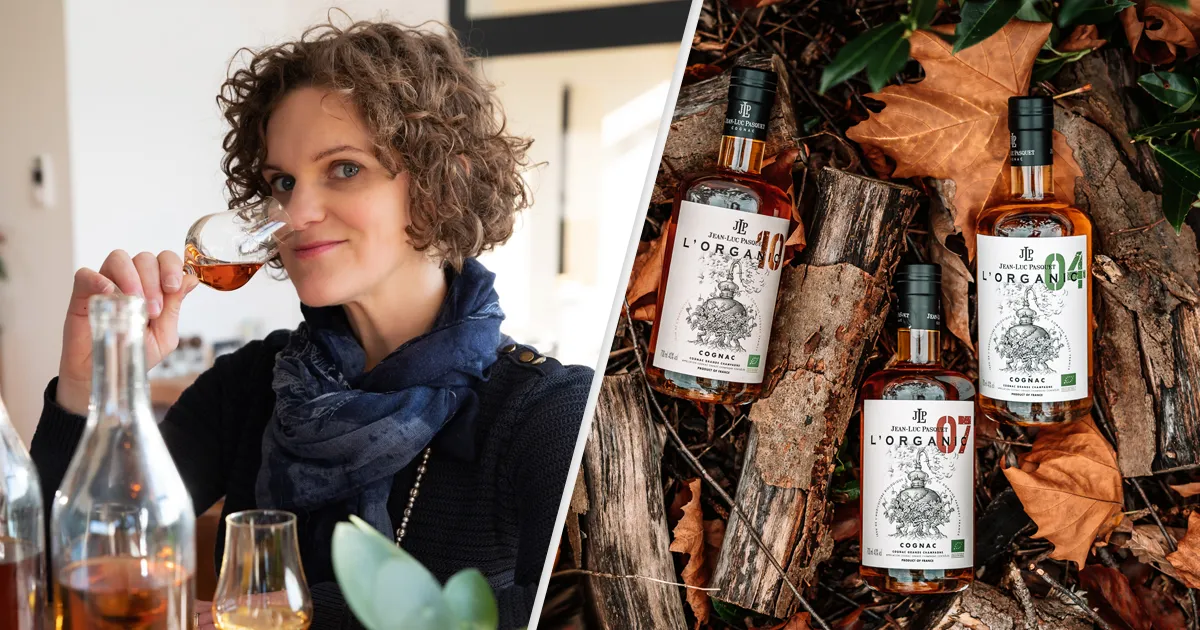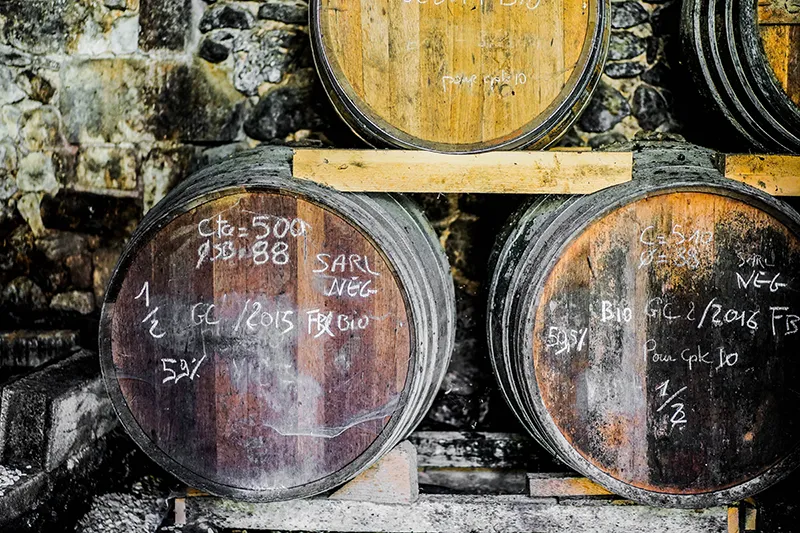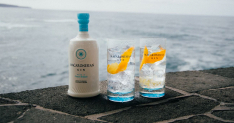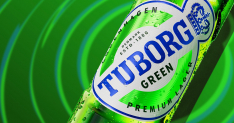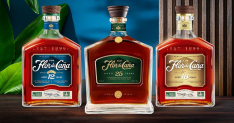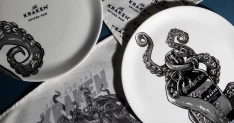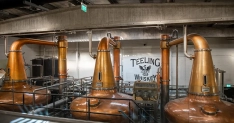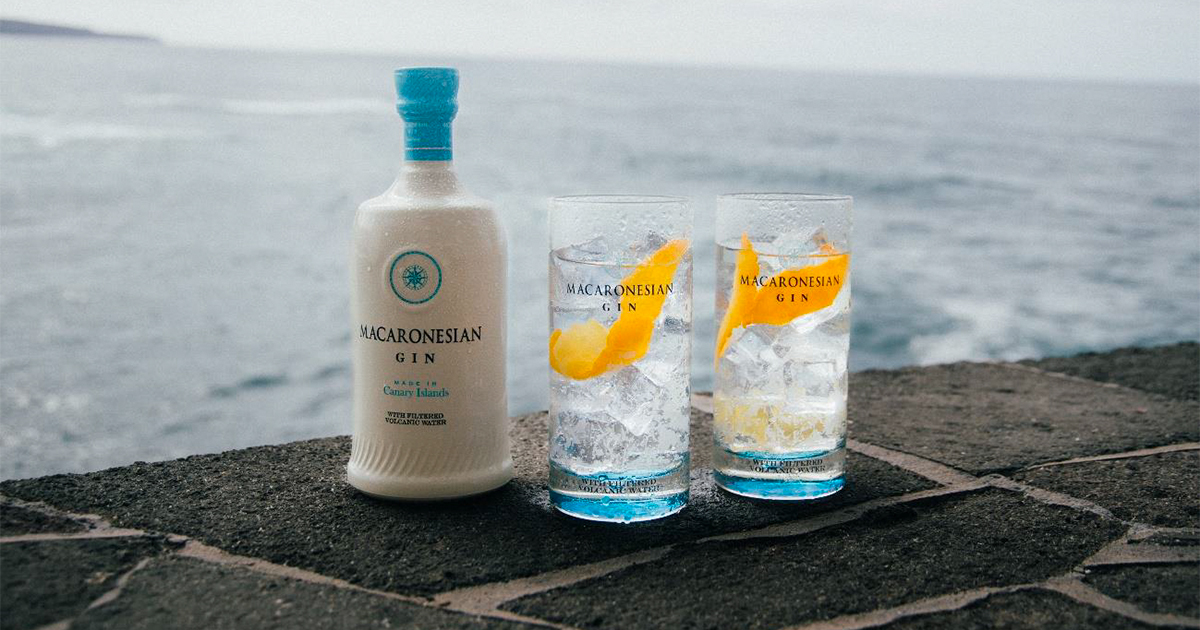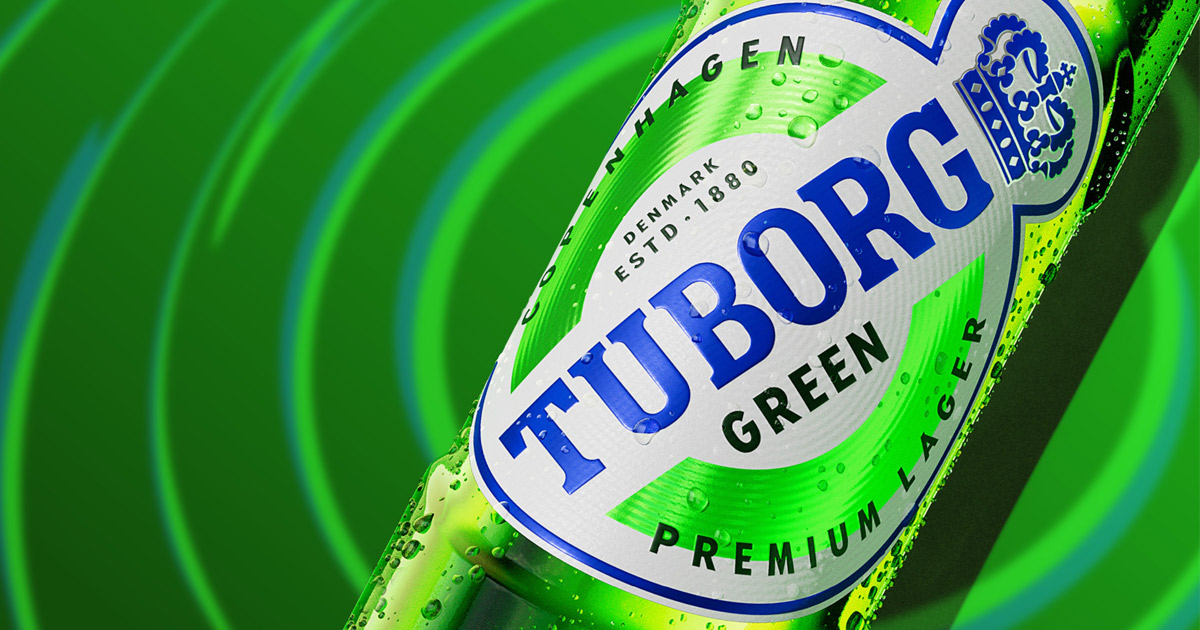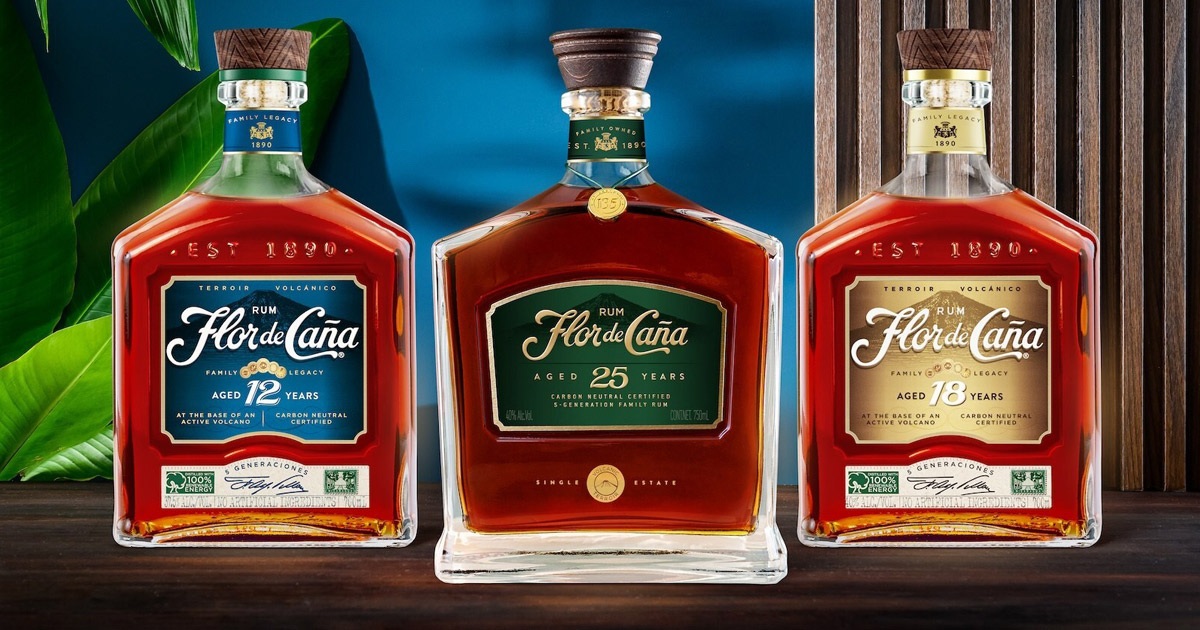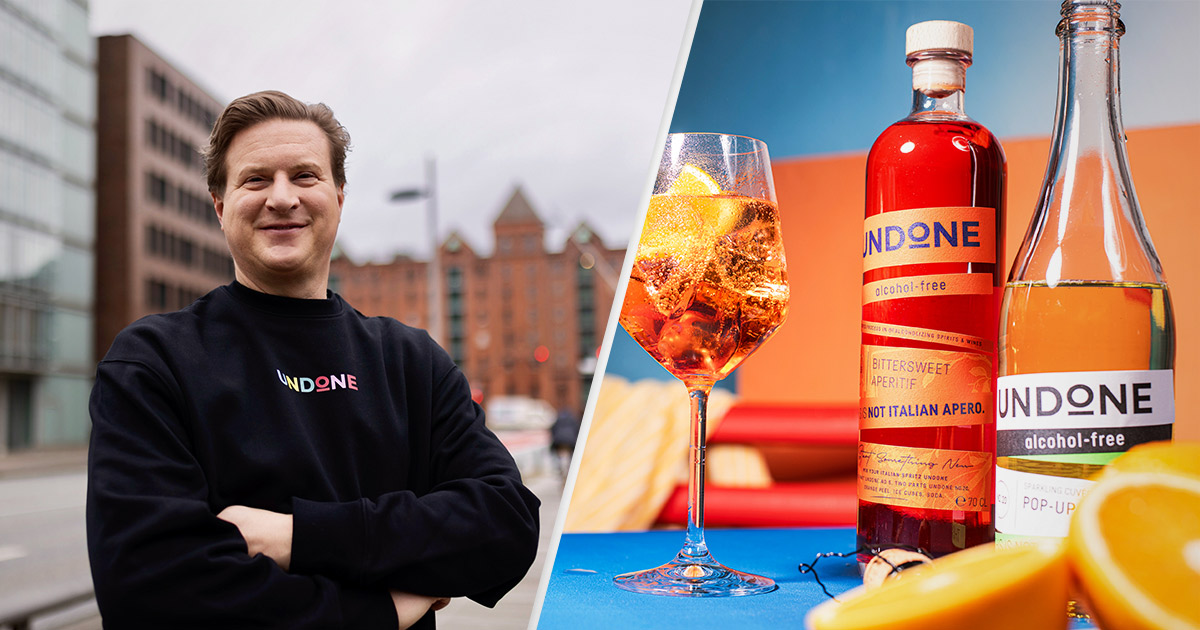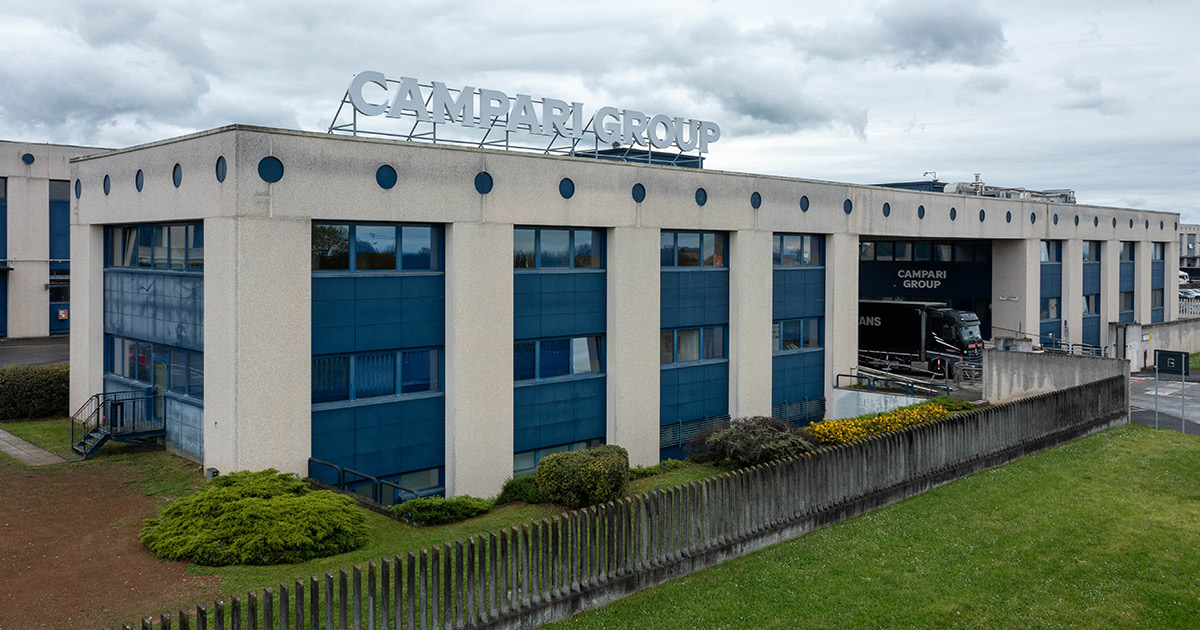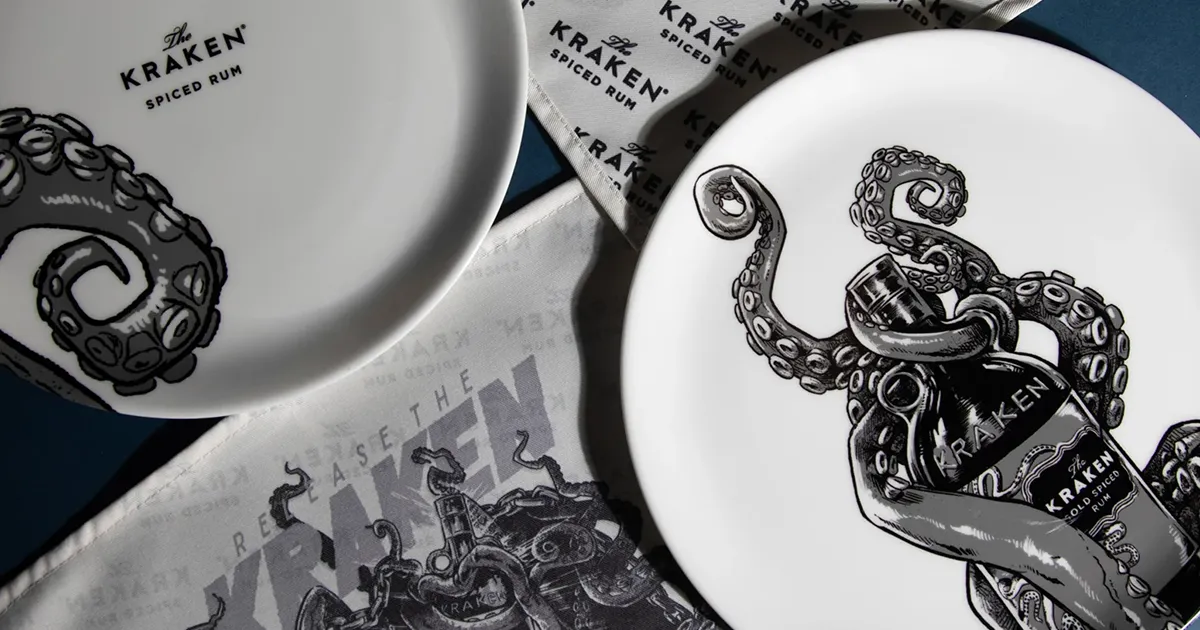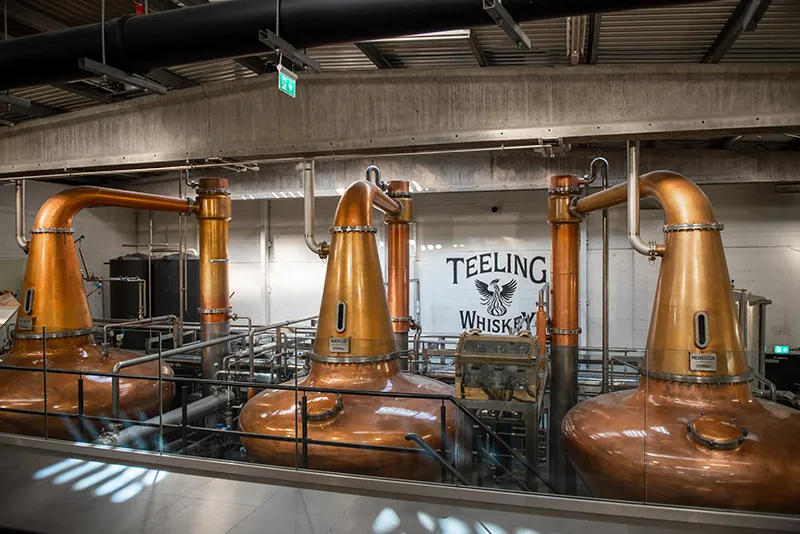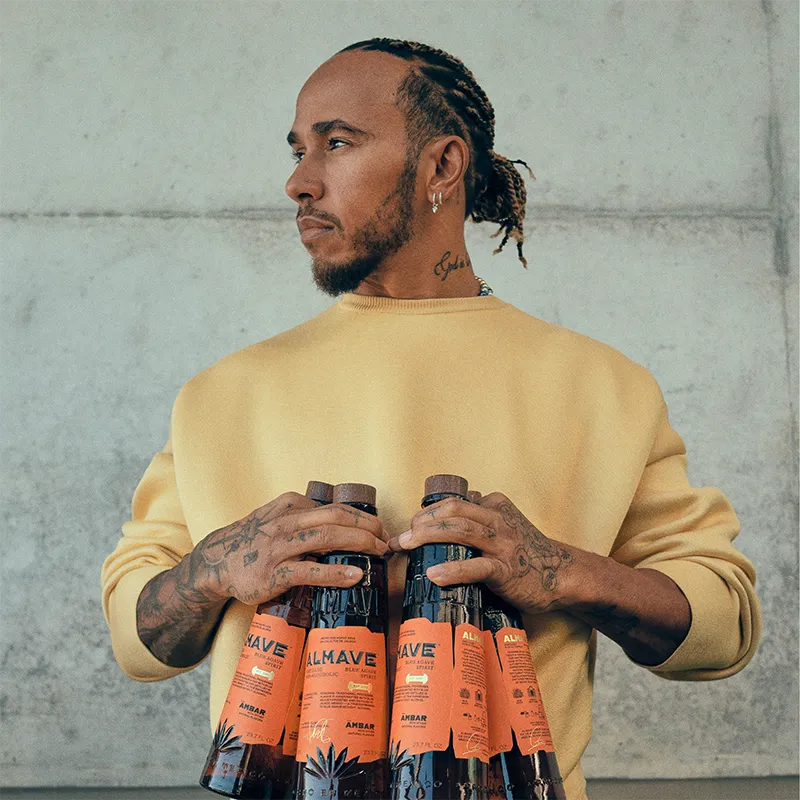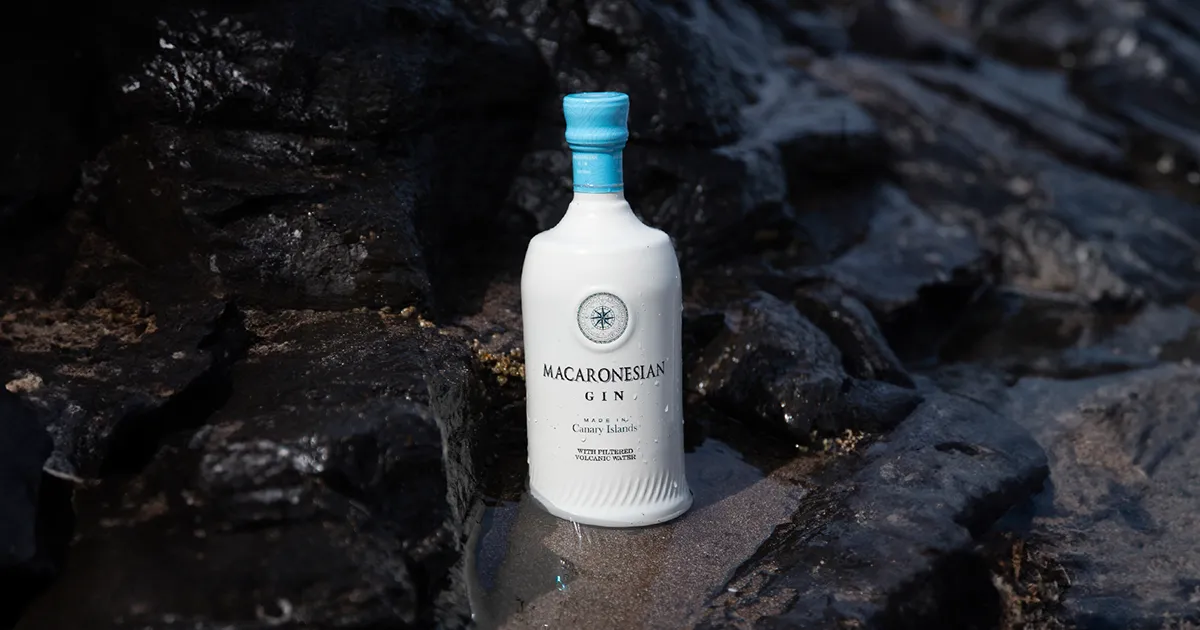The Best of Tradition and Innovation – Amy Pasquet about Cognac by Jean-Luc Pasquet
Jean-Luc Pasquet is a traditional family business that produces high-quality, handcrafted cognac. The Pasquet cognac house skillfully combines tradition with innovation to create unique and refined spirits. The cognac is produced from biodynamically grown grapes with the utmost care and in accordance with traditional methods. The result is a Cognac of the highest quality that reflects both the terroir and the craftsmanship.
In this interview, Amy Pasquet talks about the history and philosophy of the Cognac house, her role in the family business and the special products.
Please introduce yourself first: In which position do you work at Jean-Luc Pasquet and what are your main tasks?
Amy Pasquet: My name is Amy Pasquet. Amy does not sound very French, because it is not. I was born and raised in the US and came to France for love. Jean and I now work together at his family’s estate. He oversees producing the very best wine and distillate he can with the terroir that we have. He is driven by consistently finding ways to make better spirits because he loves them himself. I have found my place alongside him, helping select casks for our Trésors de Famille collection, but mostly taking care of our clients, and the administrative aspect, along with a bit of marketing and social media thrown in.
The history of the Cognac House goes back to 1970, how did it begin?
Amy Pasquet: In 1970, Jean-Luc accepted an unexpected offer from his Uncle Albert, who was a banker, not a vintner. Uncle Albert perpetuated the family tradition by having a couple live and work on the farm. The cognac they produced was conserved and served as a guarantee to the Bank of France so that Albert could continue banking and the stock grew every year. When Jean-Luc inherited the property, there were incredible eaux-de-vie dating as far back as 1870. These precious cognacs inspired Jean-Luc to seek out how to make the best of his terroir so that it could be expressed as it has been for centuries here.
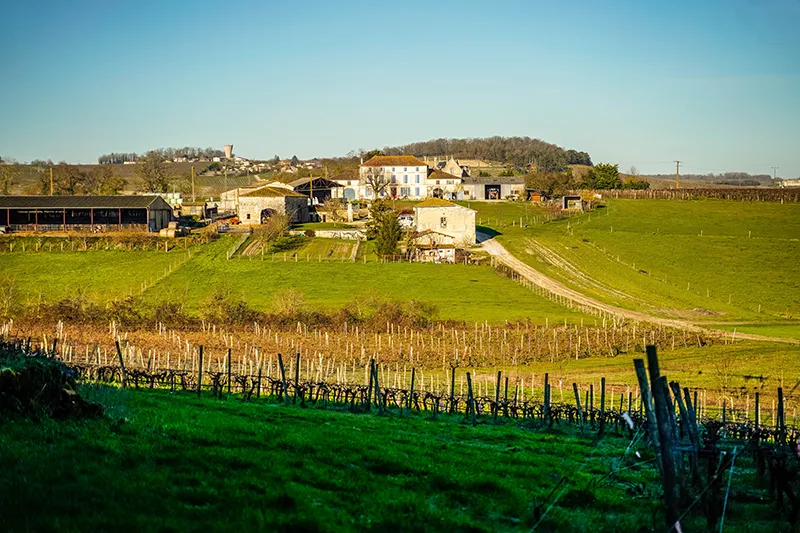
©Jean-Luc Pasquet
How has the company developed since then? What milestones have you achieved?
Amy Pasquet: In 1993, Jean-Luc was at a crossroads. His largest plot of vines seemed to be in poor health. He sought out methods to better its health and found organic agriculture. He began testing organic and biodynamic agricultural practices then and submitted his request to be labeled as organic in 1995. 1998 marks our first all-organic harvest. When Jean-Luc took the reins, the vineyard was one of the larger ones, but we have not grown like our neighbors. We are now one of the smallest vintners in our area. For that reason, we could no longer continue supplying a portion of our harvest to the big cognac houses. Jean-Luc became independent in 2006. Since then, Jean has followed in his father’s footsteps, continuing organic agriculture, remaining independent from the big four, but also innovating in his own right.
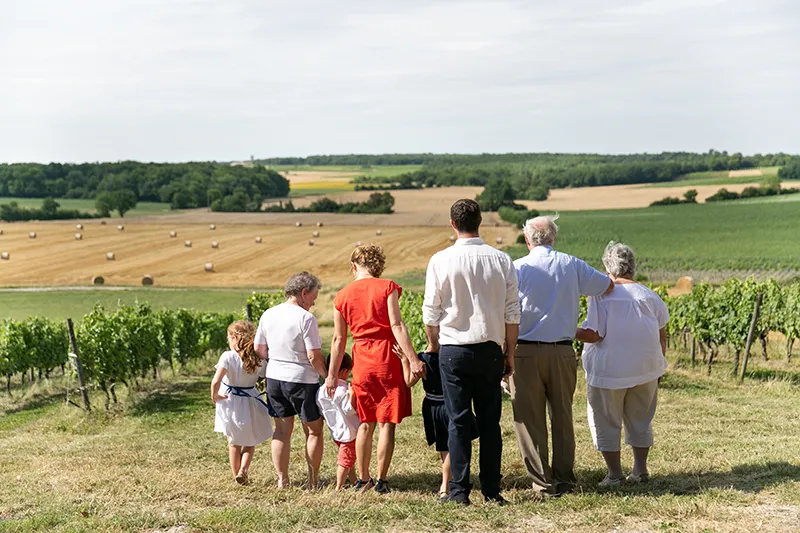
©Jean-Luc Pasquet
In 2018, we came out with what would become our Trésors de Famille collection, putting single casks sourced from exceptional grower-distilllers who happen to be our friends and neighbors in the spotlight. Cognac is historically a blended spirit, and we have since launched our Confluences collection of micro-blends, allowing the terroir to shine, while creating balanced and unique blends.
“We don’t claim to have the ‘best’ terroir, but we work to express the ‘best’ of our terroir.” What does that say about you and your philosophy?
Amy Pasquet: Everything within the appellation can be crafted into noble spirits. The wines from grown here are so fitted for distilling that we still use quite a rudimentary still. We are lucky enough to have a vineyard in our care now. We are only the vines’ custodians though. What we make today may be bottled by our children, or perhaps our grandchildren. We do not believe that we can shape nature, but we can work with what nature gives us. I hope this explains our philosophy.
How is this expressed in your products? How are they made?
Amy Pasquet: In organic agriculture, the products that we use to treat the vines are topical and preventative. They do not enter the sap of the plant and, therefore, cannot alter the flavor of the resulting wines. While many people believe that distillation is rectification, distillation is truly concentration. The most natural wine possible is necessary to be the purest expression of our terroir. Jean-Luc has collected many old references on distillation, and we have been able to mimic wood and charcoal fire with the help of a physicist friend.
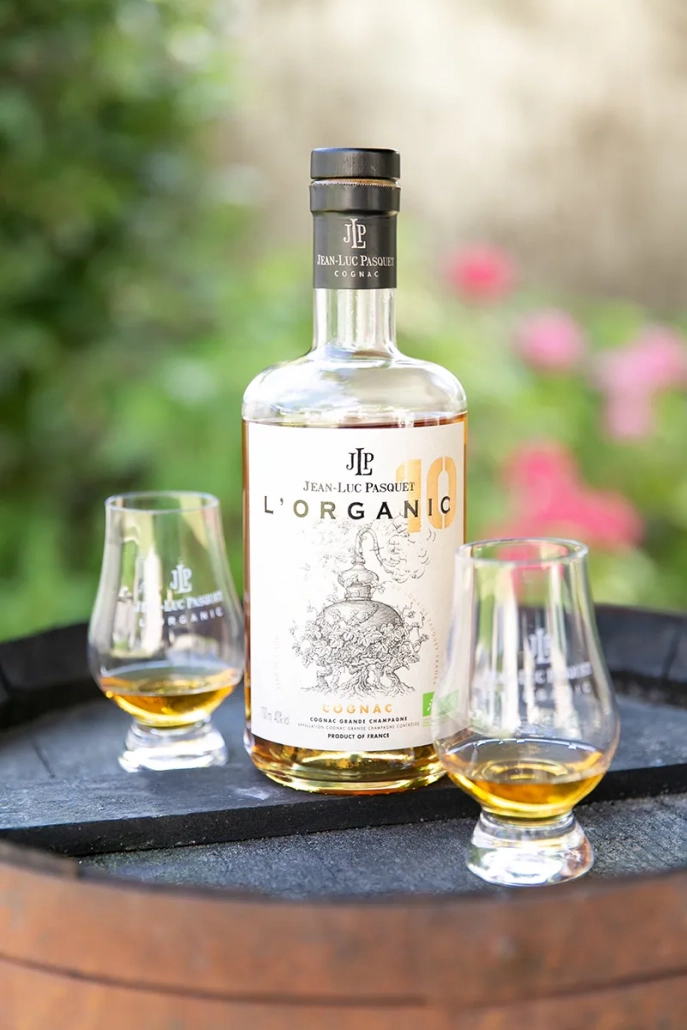
©Jean-Luc Pasquet
Lastly, now we only use brand-new, one-year-old, and two-year-old casks for the first year of the maturation process. No additives are used to correct color, flavor, or texture. We make the best cognac we can with the stock that we have, so every year there can be a vintage effect and now you can learn about the exact L’Organic cognac that you have in your bottle with the back label.
Which cognacs does the portfolio include? What special features and characteristics do they have?
Amy Pasquet: We have three collections of cognac: L’Organic, Trésors de Famille, and Confluences, as well as our aperitifs, Pineau des Charentes, Marie-Framboise and Belle Inconnue.
L’Organic are all organic cognacs aged either 4, 7, or 10 years. We have a Folle Blanche cognac that is a single cask from our own estate. The 04, 07, and 10 are blends of several casks that are close in age, if not the same vintage year. Our goal is to release single vintage cognacs from specific plots of vines in the future. The Folle Blanche is already that. We use native yeast in the fermentation process, which can also have an impact on the unique flavor-profiles.
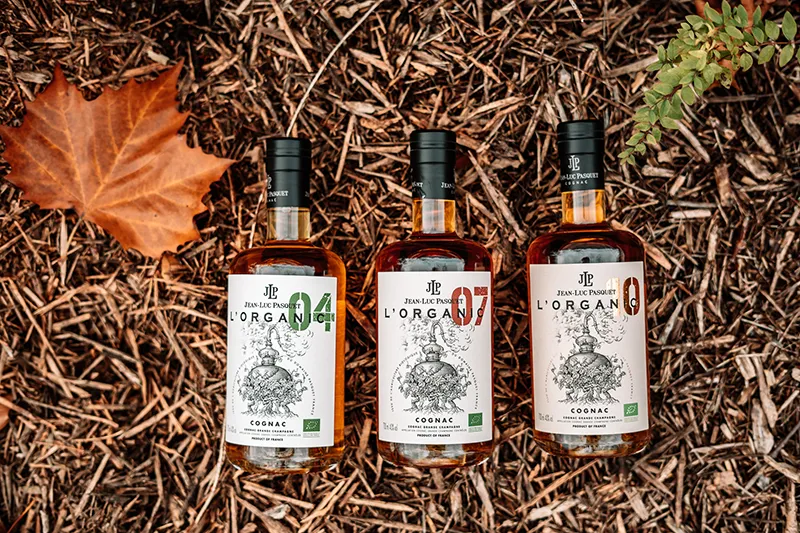
©Jean-Luc Pasquet
Trésors de Famille are exceptional single casks that illustrate the beauty of a terroir that is not our own. We are so proud to collaborate with grower-distillers that ensure the quality from the vine to the aging cellar. They deserve a great deal of credit for their work in crafting exceptional spirits!
Where two rivers meet to form a larger one is a confluence, which we find to be the same for the eaux-de-vie. Cognac seeks balance and beauty with blending and these blends are no different in that aspect. What does differ is the fact that we desire to have all the different eaux-de-vie shine in the blend and never want to recreate the same recipe year-in and year-out.
What role does cognac play – worldwide, in France and in Germany? And where do you think the development of the spirit is heading?
Amy Pasquet: France and Germany are mature markets for cognac. People have already been exposed to quite a few brands and have an idea about what cognac is. Our spirits are somewhat different from the usual VS, VSOP, or XO, in fact there are no more of these categories in our stocks because we prefer to give more specific information about with is in your JLP bottle. We are seeing many fans of spirits such as whisky and rum beginning to truly enjoy a well-made, hand-crafted cognac. French spirits are traditionally artisanal and I believe the category is ripe for exploration now!
In Germany, you work together with Kirsch Import. Why is Kirsch the perfect partner for you and your products?
Amy Pasquet: Kirsch Import is our perfect partner in Germany because the entire team has a true love for spirits. Sebastian Jaeger, who takes care of the French spirits portfolio is a wealth of knowledge about the subject and shares his understanding of our small, but excellent categories (cognac, armagnac, calvados, etc.) Christoph Kirsch, is obviously passionate about exceptional spirits and we are proud to be part of the catalog of fine spirits he represents in Germany. We are truly lucky to have their expertise working on our behalf.
Quo vadis, Pasquet? What plans and goals do you have for the near future?
Amy Pasquet: There is lots going on at the estate right now. We are in the midst of the 2024 harvest. This year marks the last vinification taking place in our old tanks. We will be renovating our wine cellar and the largest of our cognac maturation cellars shortly to continue making the best wine we can so as to produce the very best cognac our terroir has to offer. This is our second wave of renovations on the estate, as we have already rebuilt a cognac cellar and guesthouse. The final project, for another year or two down the road, is to build a new tasting room and expand our offices.
Jean-Luc Pasquet | Website | Facebook | Instagram
+++ We would like to thank Amy Pasquet for the open and very interesting interview! If you also have an interesting brand, then we should talk. Just send us an e-mail with the subject “about-drinks interview” to redaktion@about-drinks.com – we look forward to hearing from you! +++

